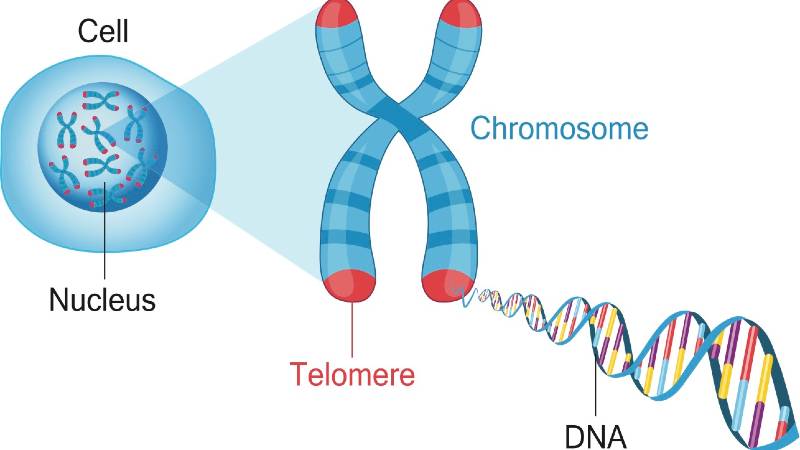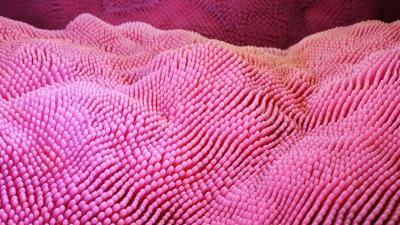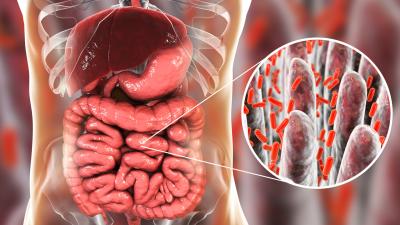Stem Cells To Study Rare Immune Disorders
Study in a Sentence:
Researchers at Kyoto University in Japan recently reviewed primary immunodeficiency disease models that use patient-derived induced pluripotent stem cells (iPSCs) to identify the role of and abnormalities in immune cells and to expose new targets for experimental treatments.
Healthy for Humans:
Primary immunodeficiency diseases are a group of over 300 rare, genetic disorders in which part of the body’s immune system is missing or functions improperly. Many of these disorders are so rare or the genetic variation that causes them is so complex that patients are difficult to diagnose, which complicates and delays treatment. iPSCs from patients with these rare diseases offer a new model for understanding the underlying molecular mechanisms.
Redefining Research:
Advances in DNA sequencing and gene editing have made great strides in improving diagnosis and treatment for primary immunodeficiency diseases, enhancing the quality of life for many patients. However, in patients with an unknown genetic cause, treatment remains very difficult. Primary immunodeficiency disease models using iPSCs offer new ways to study these challenging disorders. In these models, primary immune cells are derived directly from patients and then reprogrammed to the pluripotent state, where they can replicate indefinitely while maintaining the genome of the primary cells and thus the disease-causing genetic variation. The current models are still rather simple, but they are expected to lead to new cell and drug therapies.









